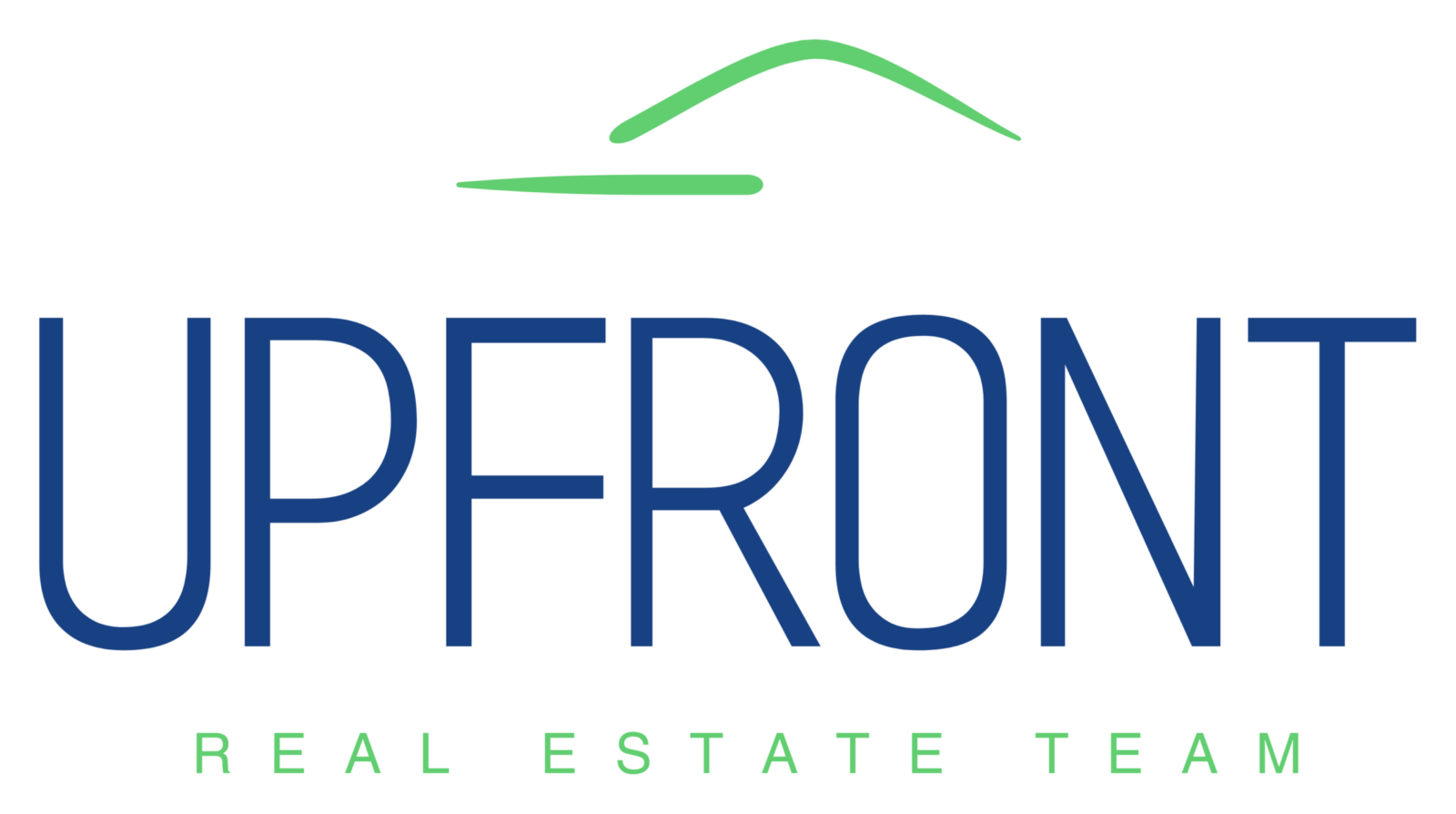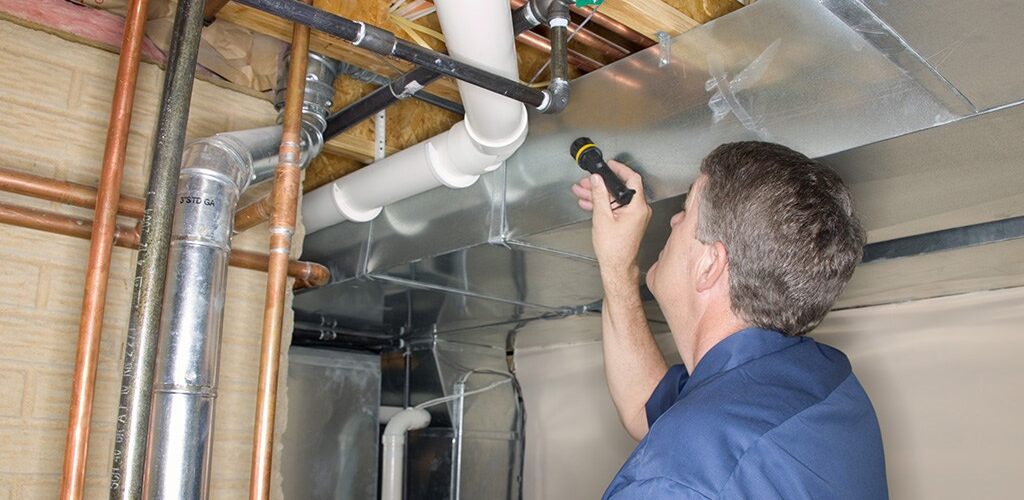A home inspection is done after a sales contract or purchase agreement between a buyer and a seller has been signed. Not to be confused with a home appraisal, which is required by a lender to determine the value of a property for which the buyer is seeking a mortgage.
Once the buyer sets up the home inspection a licensed home inspector assesses the condition of the property, the safety of the home, and its systems. This includes its heating and cooling systems, plumbing, electrical work, water, and sewage, as well as some fire and safety issues. In addition, the home inspector will look for evidence of insect, water, or fire damage or any other issue that may affect the value of the property.
Home inspectors are not concerned with anything cosmetic in a home unless it poses a potential safety issue. For example: If there is a large crack or water stain on a wall, they’ll report it. But they won’t report peeling wallpaper.
The buyer could also opt to have additional inspections for asbestos, mold or mildew, termites, pests, radon, or lead, for example, or hire other professionals to check sewer lines, chimneys, or structural components.
Depending on the report’s assessment, which can include everything from material defects that negatively impact a home’s value to minor cosmetic defects, a buyer may decide to proceed with the sale, schedule additional inspections, renegotiate the sale price with the homeowner, ask that certain repairs be made, request a credit from the seller so the buyer can do the repairs themselves, or cancel the contract and receive his earnest money deposit.
The buyer’s Realtor should also take part in the inspection to help advise the buyer how to proceed if the inspector uncovers serious flaws. After the inspection, our agent will examine the detailed inspection report and discuss the next step with his/her buyer. We have trusted experts in Your corner, ready to come in and confirm or deny the inspector’s findings.
Every homeowner’s insurance company requires either a four-point inspection or a full-home inspection as well as a Wind Mitigation Report before issuing an insurance policy to the new homeowner.
FULL HOME INSPECTION
A FULL INSPECTION is an inspection of an entire home and its systems.
It looks at :
- Exterior and Interior
- Appliances
- Structural and Systems issues
- Garage
- Plumbing, Connections, Fixtures and Leaks
- Operation of Toilets and Sinks
- HVAC, Heating, Ventilation, and Air Conditioning
- Electrical, Panels, wiring, outlets etc.
- Operation of Doors and Windows
- Roof coverings, flashing, drainage systems, and site conditions. Whether or not the site’s grading will be problematic for drainage
- Moisture Intrusion
- Problems with the exterior cladding (siding), rotted fascia, etc.
FOUR-POINT INSPECTION
Four-point inspections are the tools that insurance underwriters and insurance companies use to determine risk.
A “Four-Point” refers to the number of housing elements checked, not the quality of the inspection.
These are elements that could cost a lot to repair should something go wrong after a home purchase. Appliances are not included in a four-point inspection.
A “Four Point Inspection” focuses only on four main areas of interest in a home:
1) Electrical, wiring, and panels.
2) Plumbing, connections, and fixtures
3) Roof and Structure,
4) HVAC system, Heating, Ventilation, and Air Conditioning
Because a Four-Point inspection only looks at Four areas it doesn’t legally satisfy the Inspection clause on the Sales Contract.
WIND MITIGATION
Generally, a wind mitigation inspection is needed to determine which credits apply to a home for insurance and mortgage purposes.
Ask the home inspector to do a wind mitigation inspection at the time of the inspections and write a specialized wind mitigation report.
Homeowners can receive substantial credits from insurance companies for outfitting their homes with windstorm mitigation features that withstand or are more resistant to high winds. Especially those living in hurricane-prone South Florida.
During a wind mitigation inspection, a certified inspector looks for key features and add-ons that reduce the amount of damage the home may suffer in the event of a hurricane or strong windstorm.



